(CPV) - The Ministry of Construction has issued an official dispatch stating that it will study and propose a tax policy for those who own multiple houses and lands to limit speculation. According to experts, tax is an effective tool that has been applied by many countries to ensure the stability of the housing market, effectively manage national resources and contribute to increasing the State budget.
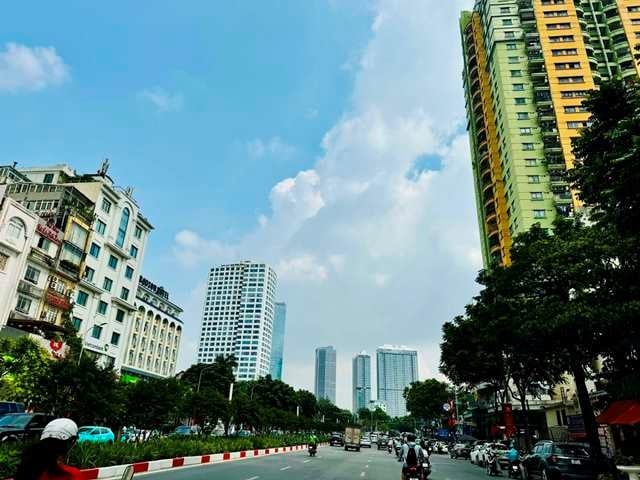 |
| Continue to consider real estate tax policy (Photo: HNV) |
Property tax “once again” under consideration
Recently, the Ministry of Construction sent a dispatch to the Government Office reporting on the real estate price situation. Accordingly, this agency said that it will study and propose a tax policy for cases of owning many houses and lands to limit speculation and buying and selling in a short period of time to make a profit. The proposal of the Ministry of Construction was made in the context of real estate and housing prices continuously increasing sharply since the beginning of the year.
The Ministry of Finance also said that the Ministry fully agrees with the proposal to tax people with many real estates to avoid speculation and ensure the market develops transparently and stably. The issue of taxing real estate has been considered and discussed for many years. Not only Vietnam, according to a recently published study by Savills Impacts on the issue of housing affordability of people in many countries around the world, governments have proposed many different solutions to regulate the market as well as ensure the stable development of the housing market. One of the solutions often implemented is to apply taxes.
Commenting on this issue, Ms. Cao Thi Thanh Huong, Senior Manager of Savills Research Department, said that real estate tax is a financial tool that is often discussed in the legal framework of countries around the world, especially developing countries including Vietnam. Currently, real estate owners in Vietnam do not have to pay property tax while the tax/transfer fee framework is among the lowest in the world.
Solutions to stabilize real estate prices
According to Savills Vietnam Research Department, in large cities such as Ho Chi Minh City and Hanoi, the housing market is currently lacking in affordable supply as the market share of this segment has decreased from 60% in 2016 to only 35% in 2024, with primary apartments under 2 billion VND completely disappearing.
“Assuming that a maximum of 40% of monthly income can be saved, it will take a middle-income household more than 30 years to buy a house, assuming that house prices do not continue to increase. However, with the continuous increase in the market, this is unrealistic, causing social inequality to increase and potentially creating long-term social insecurity,” Ms. Cao Thi Thanh Huong analyzed.
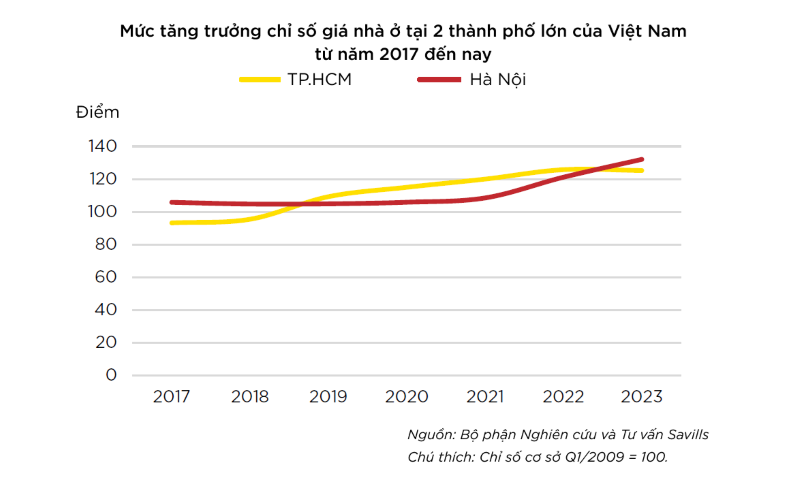 |
| Housing price index growth in 2 major cities of Vietnam from 2017 to present (Source: Savills Vietnam) |
Faced with the growing need for social housing, people expect a stronger intervention from the State. To meet this need, Ho Chi Minh City has set a target of providing 35,000 social housing units by 2025, while Hanoi has 8,000 units. Ms. Huong acknowledged that policies have been adjusted to create more favorable conditions for the development of social housing, while considering applying measures such as a second real estate tax to optimize resources and regulate the market.
From a theoretical perspective, Ms. Cao Thi Thanh Huong said that this is an effective tool with three outstanding functions. Firstly, real estate leasing helps increase budget revenue for reinvestment and social security. Secondly, it is the function of controlling national resources through increasing financial obligations for high-income households that are using a lot of resources (houses - land). Thirdly, compared to other major taxes such as corporate tax, the taxable entity here is real estate, making it difficult for individuals to evade taxes. Real estate tax also does not need to compete or be limited by international agreements, so it is easier for management agencies to plan expected budget revenue. “To implement property tax, the cost of investing in technical infrastructure, tax calculation tools, especially transparency and digitization of all residential real estate data becomes the biggest barrier, requiring large financial resources, determination to the end and long-term coordination between functional ministries,” the Savills expert recommended.
According to Ms. Huong, determining the exact transaction value, making transactions transparent, and clearly defining ownership are difficult problems. In addition, determining a reasonable tax rate is also a problem that needs to be solved to both ensure revenue for the budget and not affect the development of the real estate industry, which is closely linked to many other economic sectors./.
Source: https://dangcongsan.vn/kinh-te/thue-bat-dong-san-mot-giai-phap-binh-on-gia-nha-tai-viet-nam-681440.html









































































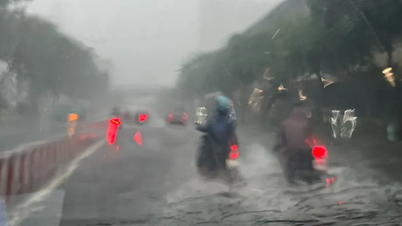

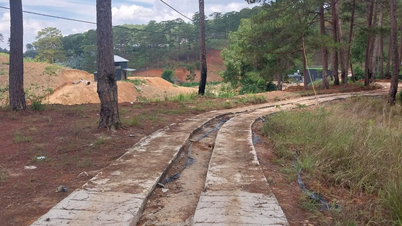



















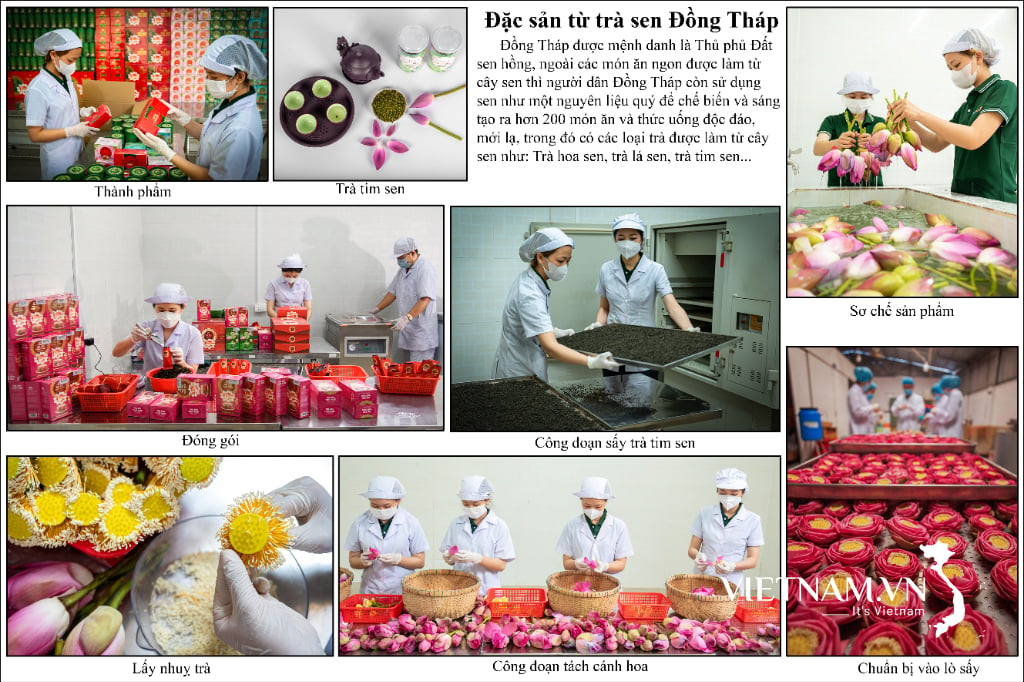


Comment (0)